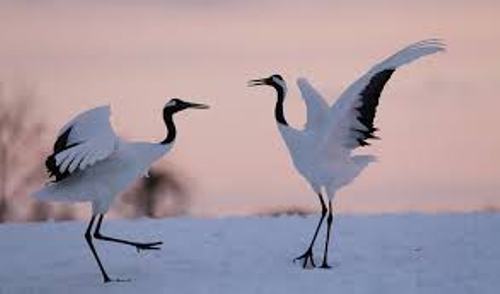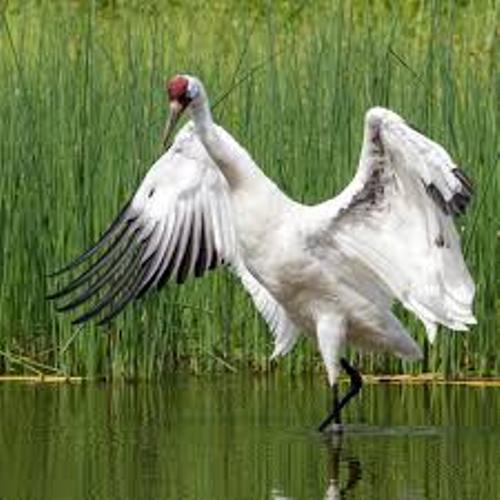10 Facts about Cranes
Get the interesting information about an animal included in the group Gruiformes on facts about cranes. The birds have the large body. Moreover, they have long neck and long legs. Crane has four genera. The bird also has 15 species. You can find this bird living in various parts of the world. But you will never find them living in South America and Antarctica. Check other interesting facts about cranes below:
Facts about Cranes 1: the protection of cranes
Even though most species of cranes are considered as the least threatened animals, the people are concerned to protect them.
Facts about Cranes 2: the diet of cranes
The diet of cranes is based on the nutrient requirement and season. They like eating insects, plants, berries, amphibians, fish and small rodents.

Facts about Cranes
Facts about Cranes 3: the nesting area
The nesting area of the cranes is located in the shallow water. The female cranes will have two eggs lying on the water. The young will be raised by both male and female cranes.
Facts about Cranes 4: migration
Some cranes do not migrate, while others migrate in a very long distance. During the breeding season, cranes are solitary animals. When the breeding season is over, the cranes will gather around in a large flock.

Crane Facts
Facts about Cranes 5: the record
The tallest flying bird in the world is crane. The length of the shortest crane is 35 inches or 90 cm. This size is owned by demoiselle crane. The longest one can be measured up to 69 inches or 176 cm for sarus crane.
Facts about Cranes 6: the weight of crane
The red-crowned crane is considered as the heaviest crane. It has the weight 26 lb or 12 kilogram. Get facts about cormorants here.

Cranes Beauty
Facts about Cranes 7: the physical characteristics
Let’s find out the physical characteristics of cranes. They have large rounded wings and streamlined body. The birds have long legs and neck.
Facts about Cranes 8: the differences of male and female cranes
If you check the physical appearance of male and female cranes, it will be hard to spot the differences. However, the female usually has smaller body than the male. The face of most species of cranes is bare. However, the demoiselle and blue cranes do not have any bare skin on the face. Find facts about blue crabs here.

Crane Pic
Facts about Cranes 9: the habitat
You can find cranes living in forested area, small wetlands and open wetlands.
Facts about Cranes 10: the importance of skin
Do you know that crane can communicate using their skin? The intensity color of the skin can be altered. Moreover, the muscle of the skin can be relaxed or even contracted.

Crane
Do you like reading facts about cranes?


